Tired of glues that don't last in the dishwasher? Let's find the best ones together!
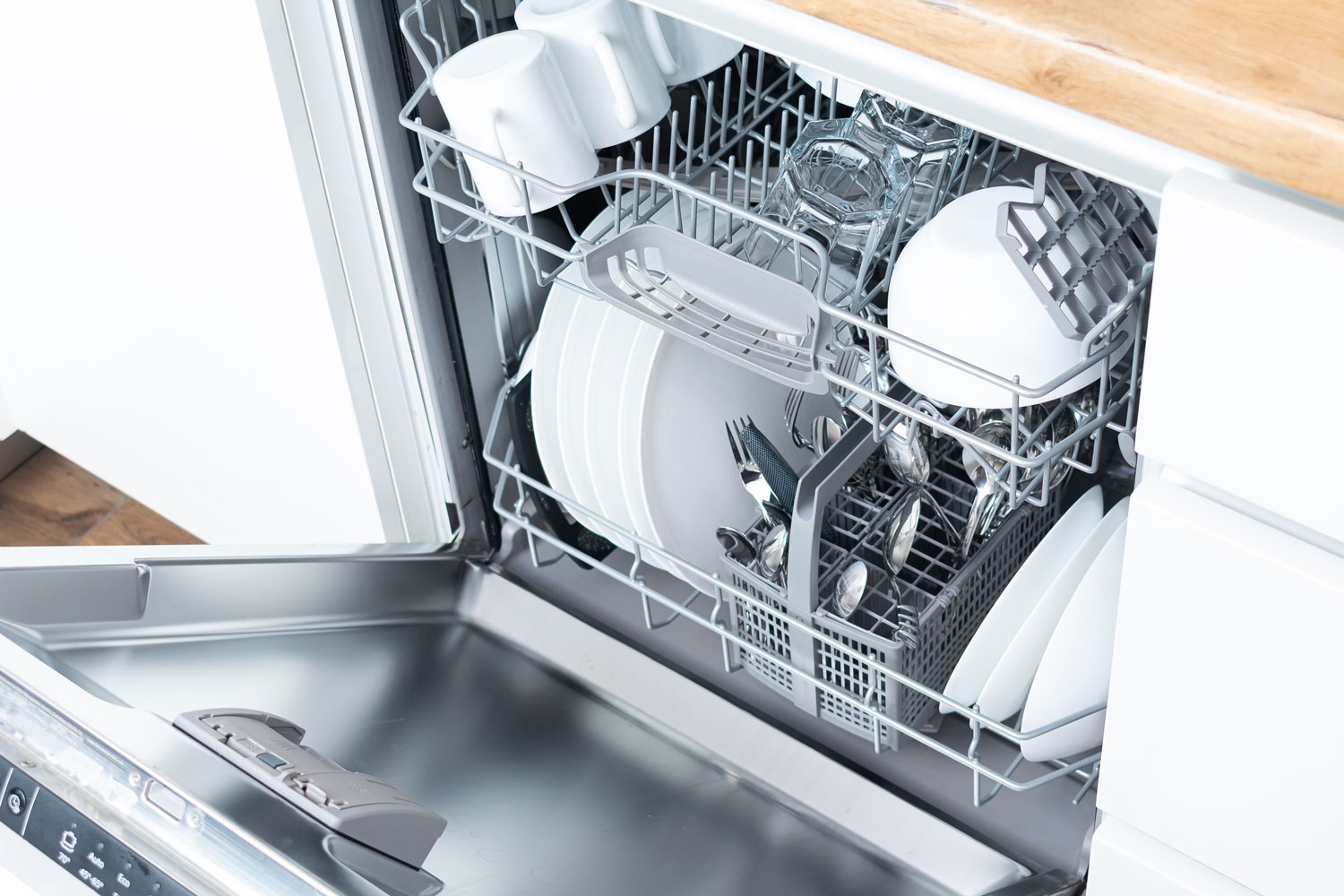
We've researched and tested to show you which glues hold up and which ones don't. Join us and make your repairs last longer.
Ready to get started? Let's start!
Why Is It Important to Use Dishwasher Safe Glue?
Dishwasher-safe glue is specifically designed to withstand the high heat and moisture that your dishes and utensils are exposed to in the dishwasher.
Regular glue, on the other hand, can break down and release harmful chemicals when exposed to heat and moisture.
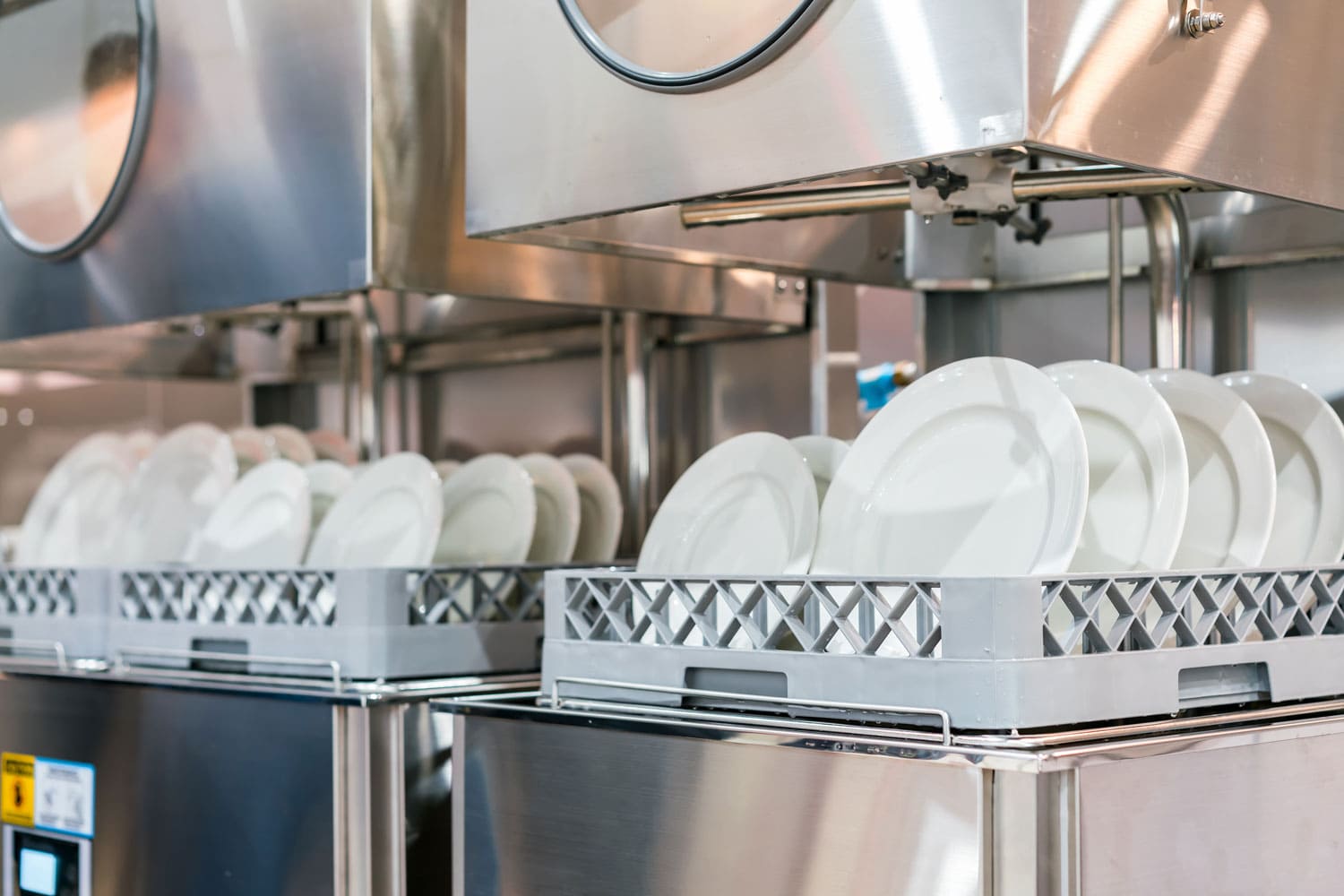
These chemicals can leach into your food, causing health problems.
Not only is it a health hazard to use the wrong type of glue, but it can also be a waste of time and money.
If you use regular glue and the item breaks again, you'll have to spend more time and money fixing it.
By using dishwasher-safe glue, you can ensure that your repairs last longer and don't need to be redone.
Which Types of Glues Are Dishwasher-Safe?
When seeking the best adhesives for items that will meet the hot and steamy environment of a dishwasher, it's important to choose wisely.
Not all glues are up to the task. Here's a breakdown of the most reliable options:
Epoxy Resin
Epoxy resin is a common choice for food dishes.
It's made of two parts: resin and hardener. When they're mixed together, they stick really well and can handle water and heat.
Once it's dry, epoxy resin is safe for food, so it's good for fixing glass or ceramic dishes.
Food-Grade Silicone Sealants
Specifically designed to create a non-toxic and waterproof seal, food-grade silicone sealants excel at fixing cracks or leaks in food containers or lids.
These sealants undergo FDA approval and effectively safeguard against potential contamination.
Cyanoacrylic
Some people might just call this super glue. If you want to use it, make sure it says it's food-safe.
Regular super glues can release unpleasant odors when heated and can be harmful if ingested.
Ceramic Adhesive
If you have a broken ceramic dish, this is the glue for it.
It's made especially for ceramic stuff and can handle the heat, so your dish should be ready to go in the dishwasher after fixing it.
You might also like: What Is The Best Glue For Refrigerator Plastic?
3 Best Dishwasher Safe Glues Reviews
A few options stand out when it comes to finding the best glue that is dishwasher safe. Here are three top choices, along with their pros and cons:
Best Food-Safe Option: DAP All-Purpose 100% Silicone Adhesive Sealant
DAP All-Purpose 100% Silicone Adhesive Sealant is a versatile glue that can be used on a variety of surfaces, including glass, metal, and plastic.
It's perfect for those looking for a dishwasher-safe option, as it is water-resistant and heat-resistant up to 400 degrees Fahrenheit.
The clear formula ensures that your repairs will be virtually invisible.
See the DAP All-Purpose Sealant on Amazon.
Pros:
- Versatile use across various surfaces, including metal and plastic.
- Heat-resistant up to 400 degrees Fahrenheit.
- Dries clear for a seamless finish.
Cons:
- Can be harder to remove or clean off from surfaces since it's silicone-based
Runner Up: Elmer’s Glass Glue
Elmer’s Glass Glue is another great option. This glue is specifically designed for use on glass, making it perfect for repairing glassware that needs to go in the dishwasher.
Like DAP, this glue dries clear and is water-resistant, ensuring that your repairs will last.
See the Elmer’s Glass Glue on Amazon.
Pros:
- Specifically formulated for glass repairs.
- Dries clear, ensuring seamless repairs.
Cons:
- Not as versatile as some other adhesives.
- Slower drying time
Long-Lasting Bond: Loctite Super Glue Ultra Control
As you can see, we've placed Loctite Super Glue Ultra Control last on our list because it contains cyanoacrylate.
This adhesive is ideal for mending ceramics, glass, and other non-porous materials.
It not only dries clear but is also water-resistant, deeming it suitable for dishwasher use.
The ultra-control applicator provides accurate application, guaranteeing that the adhesive is applied precisely where necessary.
Note: When using this product, ensure it's fully dried before subjecting the item to any use or stress.
See the Loctite Super Glue on Amazon.
Pros:
- Precision through ultra-control applicator.
- Dries clear for aesthetics.
- Great for ceramics and glass.
Cons:
- Less effective on porous surfaces.
- Applicator might clog if not cleaned properly after use
What To Look For In Dishwasher Safe Glue?
Here are some things to keep in mind when looking for the best dishwasher-safe glue for your dishes.
Drying Time
Consider the drying time when selecting a dishwasher-safe glue.
If you're working on a time-sensitive project, you'll want to choose a glue that dries quickly.
But if you have more time to work with, a slower-drying glue may give you more flexibility and precision.
Water Resistance vs. Proofing
Another important consideration is the level of water resistance you need for your glassware.
Some glues are water-resistant, meaning they can withstand exposure to moisture without losing their adhesive properties.
Others are waterproof, meaning they can actually prevent water from penetrating the glue and reaching the surfaces it's bonding.
Consider the materials you're working with and the level of water exposure they'll be subjected to.
Then, select a glue with suitable water resistance or proofing level based on this.
Continue reading: What Is The Difference Between Dishwasher Safe And Dishwasher Proof?
Temperature Resistance
Since your dishes will be exposed to high temperatures in the dishwasher, it's important to choose a glue that can withstand those conditions.
Make sure you choose glues made for these conditions and check if they can handle the heat they'll be exposed to.
Non-Toxic and Food Safety
Always prioritize non-toxic, food-safe glues. Only choose adhesives clearly marked as safe for food contact, steering clear of those with harmful components.
Application Tips for Dishwasher-Safe Glue
Ready to get the best results with your dishwasher-safe glue? Here are some application tips to guide you.
Tip #1: Clean the Surfaces
Before applying the glue, ensure the surfaces you want to bond are clean and free of grease, dirt, or debris.
You can use rubbing alcohol or a degreaser to clean the surfaces.
Tip #2: Apply the Glue Sparingly
Dishwasher-safe glue is strong and effective, so you don't need to use a lot of it.
Apply a thin, even layer of glue to one of the surfaces, then press the two surfaces together firmly.
Tip #3: Hold the surfaces together
Once the surfaces are bonded, hold them together for at least 30 to 60 seconds to ensure a strong bond.
You can use clamps or tape to hold the surfaces together while the glue dries.
Tip #4: Allow the Glue to Dry Completely
Most dishwasher-safe glues dry within 24 hours, but it's best to wait at least 48 hours before exposing the bonded surfaces to water or heat.
Doing so will ensure that the bond is fully cured and strong enough to withstand the dishwasher.
Tip #5: Avoid Excessive Heat
While dishwasher-safe glue is designed to withstand high temperatures, avoiding exposing the bonded surfaces to excessive heat is still best.
Avoid using the high-temperature setting on your dishwasher, and don't place the bonded surfaces in the oven or microwave.
Tip #6: Store the Glue Properly
Store the glue in a cool, dry place to ensure it stays fresh and effective. Ensure the cap is tightly sealed to prevent air from getting in and drying out the glue.
Safety and Environmental Concerns
Selecting a dishwasher-safe glue means prioritizing both safety and environmental considerations.
You want a glue that is safe for you, your family, and the environment.
Firstly, it's important to note that not all glues are created equal.
Some glues contain harmful chemicals that can be hazardous to your health and the environment.
For example, some glues contain volatile organic compounds (VOCs) that can cause respiratory problems and contribute to air pollution.
To ensure your safety and the environment's safety, look for glues labeled as non-toxic and environmentally friendly.
These types of glues are made with natural ingredients and do not contain harmful chemicals.
They are also biodegradable, which means they will break down over time and not harm the environment.
Additionally, following the manufacturer's instructions when using dishwasher-safe glue is important.
Doing so will ensure that you use the glue safely and effectively.
In Closing
Finding the right adhesive for your dishwasher-safe projects can be a bit overwhelming, but it's worth the effort to ensure that your items stay intact and functional.
Remember to consider the materials you're working with, the temperature resistance of the glue, and its waterproof capabilities.




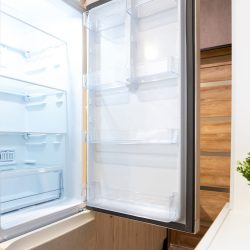
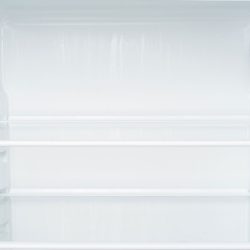
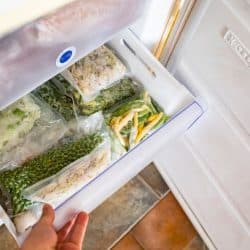
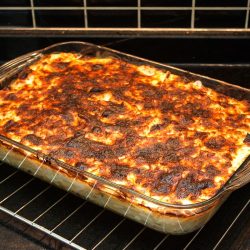
![Woman closing microwave door, Are Glass Containers Oven Safe? [Here's How To Tell]](https://kitchenseer.com/wp-content/uploads/2021/10/Woman-closing-microwave-door-250x250.jpg)
